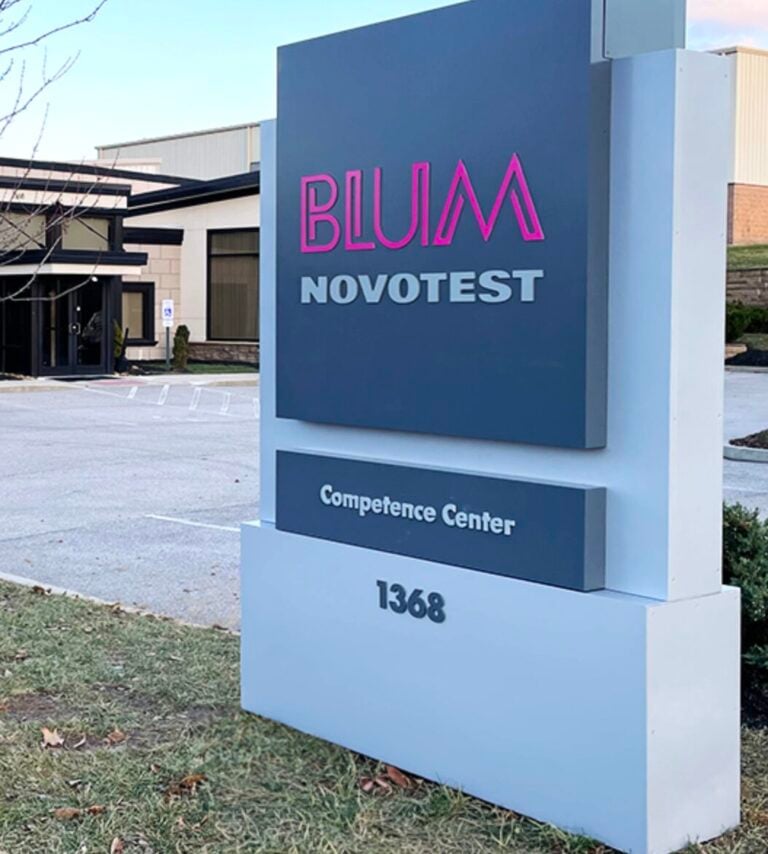By Amye Bensenhaver
Special to NKyTribune
On January 15, Attorney General Andy Beshear moved closer to overruling a heavily criticized 2015 open records decision issued by his predecessor, Jack Conway, on his last day in office.
In the 2015 decision, cited by Senator Damon Thayer in 2018 as the basis for his ill-fated proposal to exclude “emails, texts or calls on devices paid for entirely with private funds and which do not involve government email accounts” from the broadly worded definition of the term “public record” in the open records law, Conway concluded that communications concerning public business that are conducted by public officials and employees on privately owned devices are not accessible under the law because those records are not “possessed” by the public agency they serve.
Conway’s 2015 decision ignored both the expansive definition of the term “public record” and years of precedent that had guided his office’s interpretation of the law recognizing that “[i]n the end, it is the nature and purpose of the document, not that place where it is kept, that determines its status as a public record.”

In addition, it ignored an ever-growing body of law outside Kentucky declaring that “an agency always acts through its employees and officials. If one of them possesses what would otherwise be agency records, the records do not lose their agency character just because the official who possesses them” maintains them on a private device.
Fundamental to this rule of “constructive agency possession” is the recognition that the purpose of public access laws is not served if an official or employee “can deprive the citizens of their right to know what his department is up to by the simple expedient of maintaining his departmental emails on an account in another domain.” It makes as much sense, the reasoning goes, to say that the official “could deprive requestors of hard-copy documents by leaving them in a file at his daughter’s house and then claiming that they are under her control.”
Although Conway discouraged the use of private devices in conducting public business, he left the door open for widespread abuse. Public officials and employees wishing to evade scrutiny – whether through their records or their meetings – received a license to do so through the use of privately owned devices.
Recognizing the threat to public access that Conway’s 2015 decision represented, the open records staff within the attorney general’s office thereafter attempted to minimize the decision’s potentially harmful impact.
In December 2017, the office issued a decision in which it determined that the University of Kentucky improperly allowed an employee to conduct public business on his private email account by automatic forwarding of all messages on his public account to the private account.
The attorney general characterized this practice as “the functional equivalent of conducting public business solely on a private email account” and declared that the University “systematically failed in its duty to properly maintain its public records.”
In February 2018, the attorney general’s office adopted this position when it held that an Erlanger city official improperly conducted public business on her AOL account and failed to retain those emails. In so doing, the office again found a systematic failure to properly maintain public records.
In 19-ORD-011, designating the 11th open records decision of 2019, the attorney general inched closer to overruling Conway’s decision by declaring that communications concerning a proposed ordinance, conducted by a Park Hills city councilman on a private email account maintained on public equipment, constituted public records under the open records law. The disputed emails, which were submitted to the attorney general for confidential inspection, confirmed that the councilman “used his private email account with the intent to shield the communications from the public” in the belief that he would receive and “use” more candid advice to revise the ordinance and thereby secure city council support.
Relying on open records decisions issued before and after Conway’s aberrant 2015 decision, the January 15 decision concluded that because records “used” by an agency are subject to the law “regardless of where they are located or whose ‘personal property’ they are considered,” the emails in dispute were “public records subject to public disclosure unless an exception applies.”
It remains now for the attorney general to formally overrule Conway’s 2015 open records decision and to declare that all public official/employee communications concerning public business that are transmitted on public or private devices or accounts are public records — albeit not, in all cases, open records — to eliminate the confusion and curb the abuses that resulted from that decision.
Amye Bensenhaver spent 25 years as an assistant attorney general in Frankfort and is an expert on open records and open meetings. Now out of state government, she writes about these issues. She has written more than 2000 legal opinions related to the state’s open records and open meetings laws. If you have questions or comments about Kentucky’s open records laws, please email Ms. Bensenhaver at missbhaver@gmail.com/em>

















